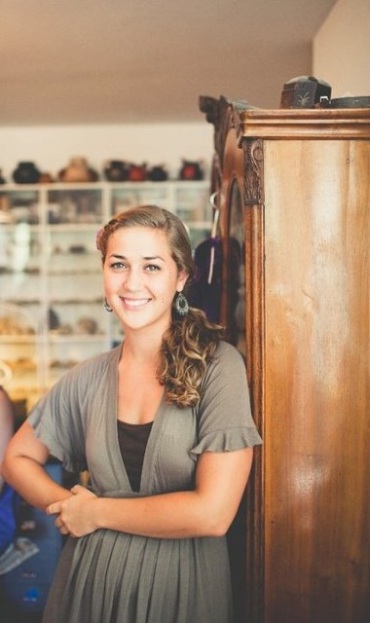Meet the Intern Behind the Posts: Michelle “Toby” Tobias
Toby, intern at the Music Therapy Center of California, is pursuing her degree in Music Therapy with a concentration in Vocal Performance from Radford University. Toby’s primary instrument is voice, but she has been playing guitar and piano since her early teens. She also enjoys writing and recording original songs and playing with other musicians as well.
Toby first decided to study music therapy in 2007 when she was interning at Invisible Children, a San Diego based non-profit raising awareness and funds for ex-child soldiers in east Africa. While working with youth and other volunteers from around the United States, Toby learned about what it means to pursue your passions and started contemplating what it was she wanted pursue and if it could help others. After watching a short documentary about music therapy and rehabilitation overseas, she decided pursuing music therapy as a career was a way for her to both follow her love for music and to serve people in her community.
“I can’t imagine a life without music. Listening to and playing music has always been a way for me to express my thoughts and feelings and make connections with others. I love that music therapy is so multifaceted; the scientific research is fascinating, but it doesn’t get in the way of music being fun and engaging for groups and individuals. I love sharing special moments with people through music and I’m excited to be working in a field where I am able to bring positive change to their lives by creating music together!”




